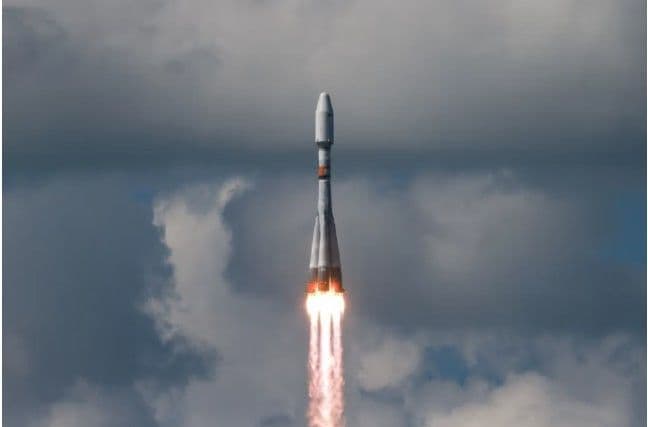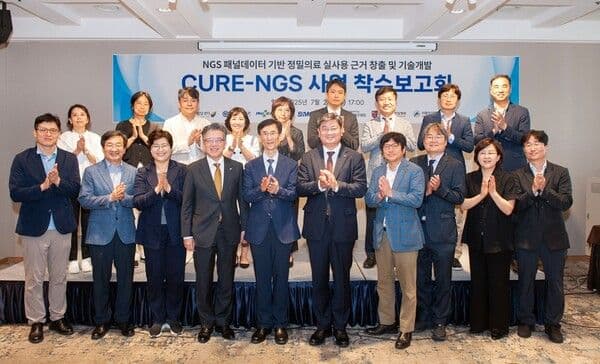Russia Propels Iran’s Nahid-2 Satellite into Orbit

A Milestone Launch for Iran Russia Ties
On July 25 Russia’s Roscosmos launched a Soyuz-2.1b rocket from the Vostochny Cosmodrome carrying Iran’s 110 kg Nahid-2 communications satellite alongside Russian ionosphere-M and 17 small satellites
The mission marks the third time Russia has sent Iranian satellites into orbit since 2022 and underscores the strategic partnership treaty signed in January 2025 between the two nations
Major international outlets and Korean news portals covered the event extensively, noting its diplomatic resonance and technical success
Capabilities of Nahid-2 and Payload

Designed for a 500 km sun-synchronous orbit with a two-year lifespan, Nahid-2 aims to enhance Iran’s civilian data and broadcasting services
The rocket also deployed two ionosphere-M Earth-observation satellites and a cluster of microsats for atmospheric research, reflecting Roscosmos’s dual commitment to science and international cooperation
The launch drew attention not only for its technological feats but also for questions about potential military spin-offs, a concern voiced by Western media
Community Buzz and Cultural Context
On Naver and Tistory blogs space enthusiasts praised the launch as a symbol of Iran’s growing space ambition, while others debated its geopolitical meaning
Domestic public forums showed a mix of excitement over the engineering achievement and skepticism rooted in regional security worries
Overseas readers joined the conversation on Reddit and Twitter, sharing infographics and memes that linked Nahid-2 to broader narratives about multipolar space competition
Looking Ahead Strategic Implications
Analysts suggest this collaboration reinforces Russia’s pivot to non-Western partners amid sanctions and highlights Iran’s determination to expand its civilian space program
Moscow’s outreach to Tehran aims to balance its relations with Israel and the United States while projecting power in the Middle East
As both nations prepare joint space ventures, international stakeholders will watch closely for technological transfers and shifts in the regional security landscape
Discover More

Centrum Air’s Incheon–Tashkent Adventure Takes Off with 90% Load
Centrum Air’s new Incheon–Tashkent route launched with high demand, inclusive fares, and a peek at cultural and traveler excitement.

Korea’s National Cancer Center Launches Ambitious NGS Precision Medicine Consortium
Korea’s National Cancer Center has kicked off a five-year national consortium to build an 80 000-case clinical-NGS big data platform for precision oncology, supported by top hospitals, AI tools, and strong community interest.